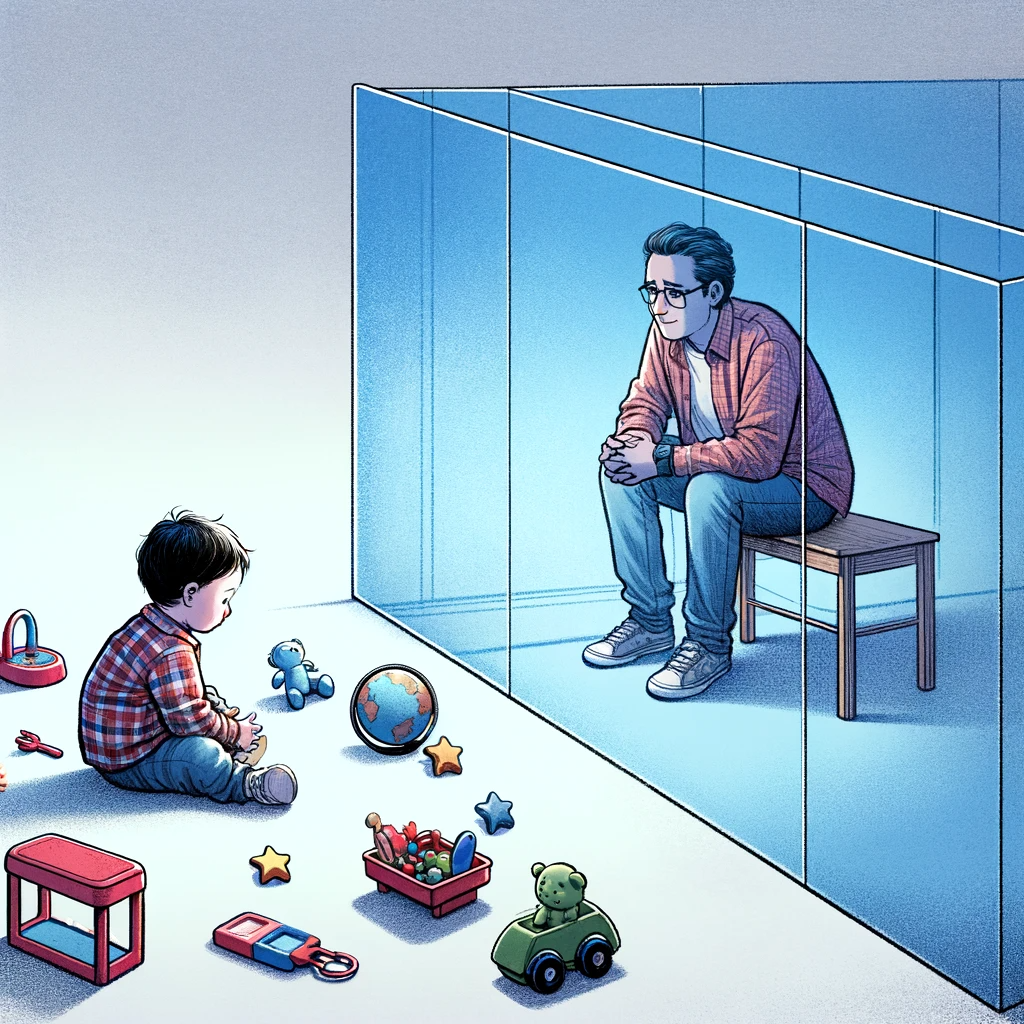
Reunification therapy is a specialized form of therapy aimed at rebuilding and improving the relationship between a parent and child, particularly after a separation, divorce, or a period of estrangement. In Oklahoma, this type of therapy can play a crucial role in custody cases where there has been significant conflict, alienation, or lack of contact between a parent and child.
What is Reunification Therapy?
Reunification therapy focuses on addressing the emotional and psychological barriers that have led to a breakdown in the parent-child relationship. The primary goals of reunification therapy are to:
- Restore a positive and healthy relationship between the child and the estranged parent.
- Address and resolve the underlying issues that led to the estrangement or conflict.
- Improve communication and understanding between the parent and child.
- Develop strategies for ongoing healthy interaction and relationship maintenance.
It is typically court-ordered in custody cases where the court believes that the relationship needs therapeutic intervention to repair and restore a healthy bond. This period usually follows a guardianship or paternity case where the parent and child have not established a strong parent child relationship. It also follow an order for emergency custody and guardianship.
The Reunification Therapy Process
The therapy involves a structured process facilitated by a mental health professional trained in family dynamics and conflict resolution.
- Court Order and Selection of Therapist: In Oklahoma, reunification therapy is often initiated through a court order during custody proceedings. The court may recommend or appoint a therapist who specializes in this type of therapy.
- Initial Assessment: The therapy process begins with an initial assessment conducted by the therapist. Doing so involves meeting with each parent individually, and sometimes with the child, to understand the family dynamics, the history of the relationship, and the issues that have led to the need for therapy.
- Therapy Sessions: Reunification therapy involves a series of structured therapy sessions. These can include individual sessions with the child and the estranged parent, as well as joint sessions involving both parents and the child. The therapist facilitates these sessions to address specific issues, improve communication, and build trust.
- Parental Cooperation: Successful reunification therapy requires the cooperation of both parents. Each parent must support the therapy process, follow the therapist’s recommendations, and avoid actions that could undermine the therapy. The therapist may also work with the parents to develop parenting plans that support the child’s best interests.
- Progress Monitoring: The therapist regularly monitors progress and adjusts the therapy approach as needed. This includes tasks such as evaluating the effectiveness of the therapy sessions, assessing changes in the parent-child relationship, and addressing any ongoing challenges.
In cases where reunification therapy is court-ordered, the therapist may provide progress reports to the court, because these can inform the court’s decisions regarding custody arrangements and ensure that the therapy aligns with the child’s best interests.
Benefits and Challenges of Reunification Therapy
Reunification therapy offers several benefits in custody cases:
- Improved Relationships: It helps rebuild and strengthen the relationship between the child and the estranged parent, fostering a healthier family dynamic.
- Conflict Resolution: The therapy addresses and resolves underlying conflicts that contribute to the estrangement.
- Emotional Support: Both the child and the parent receive emotional support and guidance from a trained professional.
- Informed Custody Decisions: The court receives valuable insights into the family dynamics, aiding in making informed custody decisions that prioritize the child’s well-being.
However, while reunification therapy can be highly beneficial, it also presents challenges:
- Emotional Resistance: The child or the estranged parent may resist therapy due to past conflicts or emotional pain.
- Parental Cooperation: Lack of cooperation from either parent can hinder the therapy’s effectiveness.
- Time and Commitment: Reunification therapy requires a significant time commitment and ongoing effort from all parties involved.
While it can be a long and difficult process, the end result will benefit everyone involved.
Tulsa Child Custody Attorneys
Reunification therapy in Oklahoma custody cases is a therapeutic process to restore and improve the relationship between an estranged parent and child and involves assessment, regular sessions, and progress monitoring by a qualified therapist. While it offers significant benefits, including improved relationships and conflict resolution, it requires cooperation and commitment from both parents. Contact us today at Tulsa Divorce Attorneys & Associates by calling 539-302-0303 or go online to learn more.
